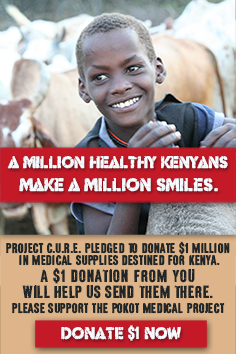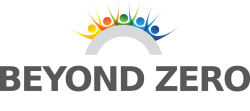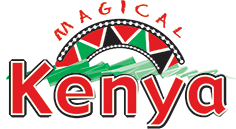Crisis in the D.R. Congo
The Democratic Republic of Congo, formerly known as Zaire, has one of the world’s largest virgin rain forests, an abundance of natural resources and plentiful indigenous food sources. Former President Laurant Kabila once claimed “the country was capable of feeding the entire continent of Africa.” Yet, in 2011, the United Nations declared that the DRC stands at the bottom of two major global indices of wellbeing; it ranks last on both the Human Development Index and the Global Hunger Index. The D.R. Congo has the world’s second largest rainforest, abundant natural resources and enough fertile soil to feed the world. The World Health Organization reported that the DRC’s food situation had dropped from “alarming” to “extremely alarming.”
With lack of education and means to harvest their indigenous food sources, the people of the D.R. Congo have turned to unsustainable methods of farming for sustenance. As a result, the rain forests are under threat. The practices of clear cutting and controlled burning to make way for unsustainable agriculture are destroying millions of hectares of virgin rainforest every year, releasing billions of tons of carbon emissions into the world’s atmosphere, which scientists believe is exacerbating climate change.
We endeavor to change that.
A Plan for Sustainable Modernization
Friends of Africa has partnered the Rainforest Trust to accommodate a collaborative, grass-roots initiative that combines innovative business enterprise and nonprofit humanitarian efforts with a multi-demensional approach to sustainable economic growth. Its programs are designed to empower people living in the DRC rainforest to be self-reliant via unique partnerships between communities, entrepreneurs, business investors and nonprofit organizations. Key components of The Rainforest Trust Project include education, conservation, cultural preservation, enterprise and collaboration. Each component employs sustainability, social equity and self-reliance as guiding principles, which ultimately endeavors to inspire stewardship over natural resources and provide economic prosperity that fosters healthy communities, peaceful coexistence and vastly improved quality of life. The DRC has potential to become the model for sustainable economic growth in Africa, but it is still recovering from civil war conflicts that have plagued its perimeters for more than twenty years.

While certain areas of the DRC rainforest remote from the conflict zones, people living there have been faced with worsening economic consequences of war and a growing population due to the influx of refugees. Once considered the “breadbasket of the Congo,” the equatorial rainforest, has an abundance of untapped natural resources and mineral-rich soils ideal for agriculture. As these resources become more scarce globally, prospectors from developed nations are converging on the region to exploit its untapped resources. Without strategic sustainability actions taken now, the D.R. Congo faces unfettered exploitation that could lead to accelerated destruction of the virgin rainforest with consequential devastation of its ecosystems and human populations depending upon its survival.
Mitigating Crisis with Opportunity
In 2011, Bakuba Prince, Guy Kwete, son of Kot aMbweki III, the 125th King of Kuba, hosted a photographic excursion to document ancient Kuba traditions with FOA Executive Board member Kire Godal a National Geographic filmmaker, and FOA International Advisory Board members, Carol Beckwith and Angela Fisher, authors of the world-renowned African Ceremonies books, During the excursion, they observed heightened humanitarian and environmental challenges, which prompted later studies with scientists, strategists and field experts. In response, Godal contacted fellow Executive Board member, Snowden Bishop to hatch a multi-phase plan to abate existing crises by creating opportunity for sustainable modernization. Under the auspices of Friends of Africa International, they are currently seeking charitable donations to fund humanitarian relief, education programs, business opportunities and sustainable infrastructure that will protect the rain forests, foster economic growth and empower Bakuba self-reliance and prosperity. The The first phase goals include launching an education network in partnership with World Education University to provide free access to education in remote regions, and resurrecting vacant medical clinics by conducting visiting surgical clinics and filling the clinics with medical equipment and supplies.
A Call to Action
Funding is urgently needed to create grass roots opportunity for sustainable agriculture, health care and education. Friends of Africa International is currently accepting donations that will provide immediate solutions to create programs about sustainable agriculture to eradicate hunger, prevent deforestation, empower self-reliance, and foster stewardship of the virgin rainforest and its resources. Phase One of the Kuba Kingdom Project includes sustainable fisheries, a radio education network, health clinics and workshops, scientific studies on the rainforest and deforestation and community conservation programs.











